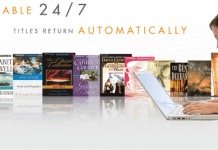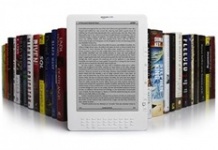 This following research paper will be delivered at the IFLA (International Federation of Library Associations and Institutions) World Library and Information Congress: 76th IFLA General Conference and Assembly on August 15, 2010 in Gothenburg, Sweden.
This following research paper will be delivered at the IFLA (International Federation of Library Associations and Institutions) World Library and Information Congress: 76th IFLA General Conference and Assembly on August 15, 2010 in Gothenburg, Sweden.
Collaboration between libraries, users and usability professionals is paramount in building virtual collections of the future. Only users can tell how these platforms are going to be used, as mobile tools for study or as entertainment devices. It is important to learn how usable the e-collections really are and what essential materials are currently incompatible with these devices. Electronic rights management and technical compatibility issues should become standard considerations in all acquisition of electronic materials.
This paper will present a study conducted in the Helsinki University of Technology Library, now a part of the Aalto University, from autumn of 2009 until summer of 2010. In collaboration with the Strategic Usability Research Group, various e-book readers were tested by both professionals and students. In the study, e-book readers were given to students for one study period with all the course material provided in electronic format. Feedback from the students was collected through discussions, study diaries and questionnaires. In the library the e-book readers were tested in order to see what demands and restrictions they pose on e-materials and how well the library’s current e-collections are usable on these devices. Results suggest incompatibilities with many licensed e-materials, whereas most open access materials can be easily downloaded and used.
Note: Five e-book readers were evaluated in the study.
+ Foxit eSlick
+ Bookeen
+ CyBook Opus
+ BeBook
+ Amazon Kindle
+ Sony Reader Touch Edition PRS-600.
The complete paper is here. Thanks to Resource Shelf for the link.

































